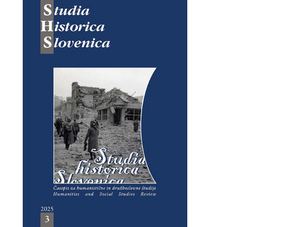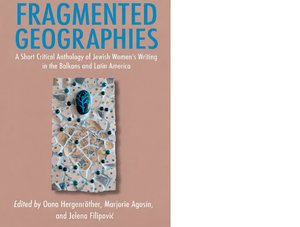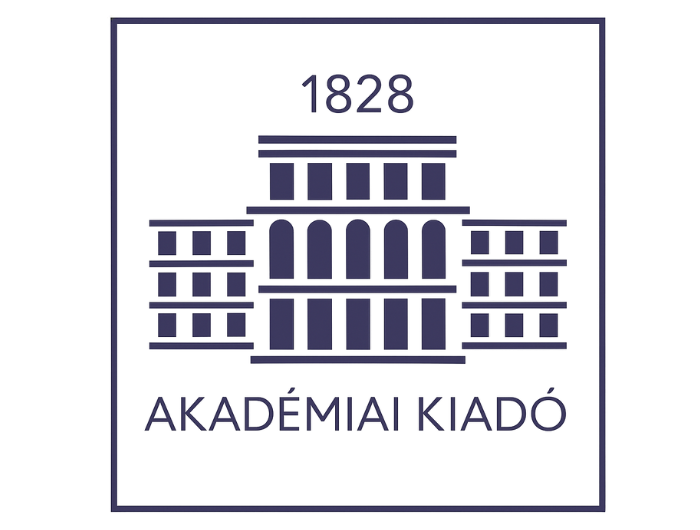New on the Bookshelf

Transforming Language Ideologies in the Styrias and in Prekmurje
Authors:
Year of Publication: 2025
Journal: Studia Historica Slovenica
Publisher: Zgodovinsko društvo dr. Franca Kovačiča v Mariboru
About the article
The article examines how monolingual ideologies shape language policies and identities in the Slovenian-Austrian border region through a qualitative analysis of interviews. Rooted in ethno-linguistic nationalism, these ideologies continue to influence language policies, particularly through linguistic purism and a persistent "discourse of threat". Monolingual narratives often overlook historical multilingual realities and cross-border communities. Interview data show that younger generations are shifting toward linguistic pragmatism, embracing local dialects, English, and a European identity. Overall, while nationalistic discourses still linger, generational change and EU integration foster a more inclusive understanding of languages and identities in the region.
Fragmented Geographies: A Short Critical Anthology of Jewish Women’s Writing in the Balkans and Latin America
Editors:
Year of Publication: 2025
Publisher: Solis Press

Content
Love, Loss, and Life between the Biobío and the Danubio
This anthology embraces a physical stretch of land, sea, mountain, marsh, desert, and woods that lies between the two rivers, the Biobío originating in the Chilean Andes and flowing into the Pacific at Concepción, Chile, and the Danube flowing through central and eastern Europe. This space is not measured in miles but in the spiritual and creative journeys of Jewish women writers from Latin America and the Balkans. Spanning novels, memoirs, and poetry, their diverse voices create a unique literary landscape where two seemingly distant regions find common ground in shared histories of refuge, marginality, and sanctuary.

Some linguistic peculiarities of Romani-origin words in the ethnolinguistic repertoire of the Romungros
Authors:
Year of Publication: 2025
Journal: Acta Linguistica Academica. An International Journal of Linguistics
Publisher: AKJournals
About the article
This paper describes some linguistic peculiarities of Romani-origin words in the ethnolinguistic repertoire of the Romungros (ERR), a non-standard Hungarian variety spoken by the descendants of South Central Romani speakers. Based on empirical data, we examine various linguistic features, showing that ERR exhibits reduced morphological complexity alongside increased lexical and phonological complexity. We demonstrate that the innovative features of ERR, such as its flexibility in incorporating Romani roots, the use and the reinterpretation of Romani linguistic features and the violations of the grammatical rules of standard Hungarian are rooted in linguistic creativity and serve to mark group identity.